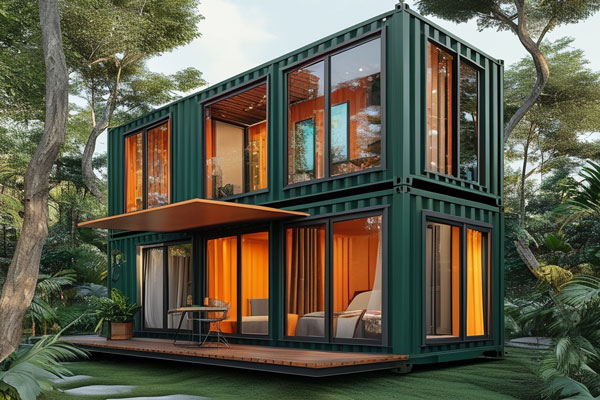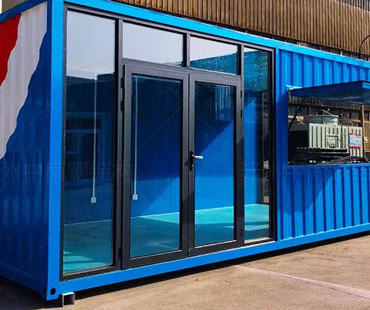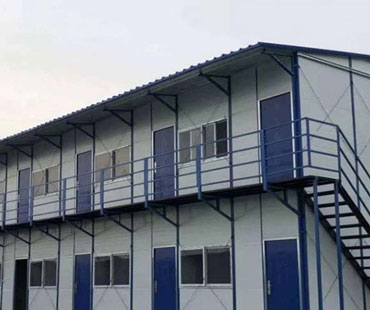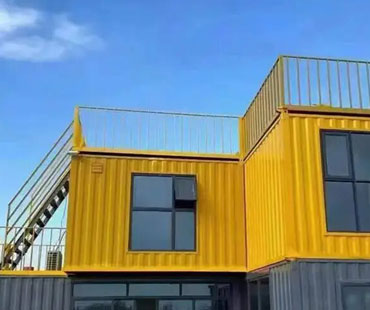In a rapidly changing world, people's demands for living environments are also constantly evolving. As an emerging form of housing, expandable houses are gradually becoming a smart choice for future housing due to their unique advantages and characteristics.
1、 The advantages of expandable housing
1. Strong adaptability
The most significant advantage of expandable houses is their high adaptability. With changes in family structure, lifestyle, and living needs, expandable houses can adapt to these changes by adding or reducing modules to meet different stages of living needs.
2. Economic benefits
Compared to traditional residences, the initial investment for expandable houses is relatively low. In addition, due to modular design, the expansion and maintenance costs of the house are also lower, which has higher economic benefits in the long run.
3. Energy conservation and environmental protection
When designing expandable houses, attention should be paid to energy conservation and environmental protection, using environmentally friendly materials and technologies such as solar panels and high-efficiency insulation materials, which can help reduce energy consumption and environmental pollution.

4. Flexible utilization of space
The modular design of expandable houses makes space utilization more flexible. Residents can freely combine and adjust the spatial layout according to their preferences and needs, creating a personalized living environment.
5. Increase the enjoyment of living
The design of expandable houses is often full of creativity, bringing freshness and enjoyment to residents. With the expansion of space, residents can constantly try new lifestyles and home layouts.
2、 Characteristics of expandable houses
1. Modular design
The core feature of expandable houses is their modular design. Each module is an independent unit that can be installed separately or combined with other modules to form spaces of different sizes.
2. Quick setup
Due to its modular nature, the construction process of expandable houses is very fast. Usually, it only takes a few days to a few weeks to complete the construction of the entire house.
3. Flexible scalability
The expandability of expandable houses is another major feature. With the increase in residential demand, houses can expand their space by adding new modules without the need to demolish existing structures.
4. Flexible spatial layout
The spatial layout of expandable houses can be freely adjusted according to the needs of residents. For example, multiple modules can be combined into an open living room, or modules can be separated into multiple independent functional spaces.
5. Combining aesthetics and practicality
Expandable houses not only focus on practicality, but also pursue aesthetics. Its design usually combines modern aesthetics and functional requirements to create living spaces that are both beautiful and practical.
Scalable housing, with its strong adaptability and flexibility, has become a new force in the future residential market. With the advancement of technology and changes in people's lifestyles, expandable houses are expected to become a smart choice for more families, bringing residents a more comfortable, environmentally friendly, and personalized living experience.


